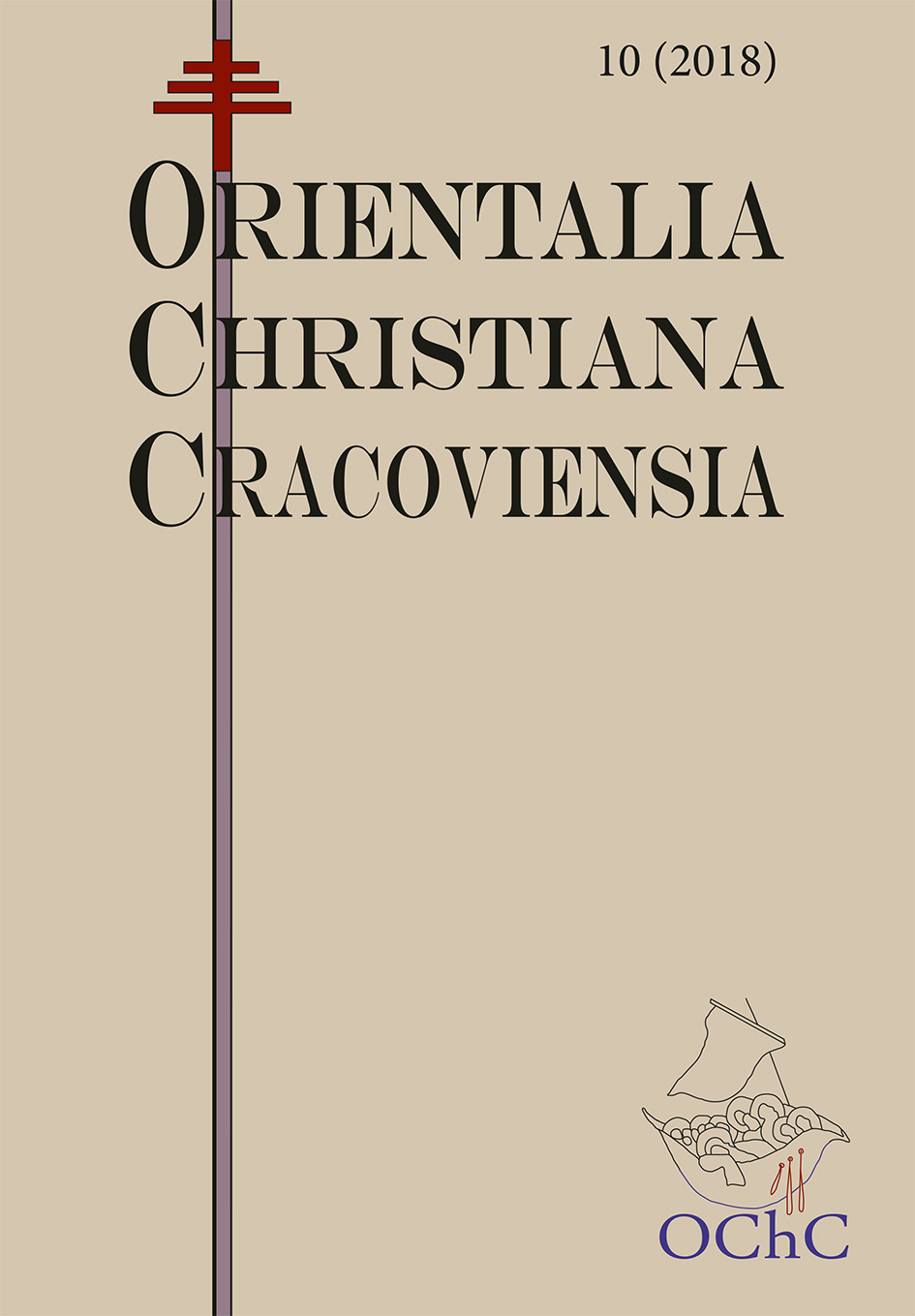“Christian crusade” in China. Taipings according to the account of John Scarth.
DOI:
https://doi.org/10.15633/ochc.2979Keywords:
Taipings, Christianity in China, China, colonialism, missions, insurrectionAbstract
This article deals with the question of Taiping religion in the work of John Scarth coming from 1860, which was published before the fall of Hong Xiuquan. This is an original approach to the topic due to the fact that the author is openly sympathetic toward the movement. It is in contrast to the dominant narrative from the period, that depicted Taipings as revolutionaries and bandits. This picture is still present, as it is marginalizing the role of religion in their movement, or distorting it to the form of a bizarre syncretic religion. Scarth mitigates this message, focusing primarily on Christian roots of this doctrine, refuting superstitions and explaining misunderstandings. There is no doubt, however, that his gentle approach is related to his ignorance about the subtleties of Taiping theology. The image of Taiping religion given by him is connected with Scarth’s specific soteriology and God’s work in human history. In this context, the revolution of Hong Xiuquan was not only a political struggle for independence against Manchurians, but it was a religious revolution against authorities’ legitimizing idolatry.References
Callery J.-M., Melchior Y., History of the insurrection in China: with notices of the Christianity, creed, and proclamations of the insurgents, New York 1853.
Edkins J., Religious Condition of the Chinese, London 1859.
Huc M., The Chinese Empire: Forming a Sequel to Recollections of a Journey Through Tartary and Thibet, vol. 2, transl. P. Sinnett, London 1855.
Kilcourse C. S., Taiping Theology. The Localization of Christianity in China, 1843–1864, Nottingham 2016.
Lutz J. G., Opening China. Karl F. A. Gützlaff And Sino-Western Relations, 1827–1852, Cambridge 2008.
Meadows T. T., The Chinese and Their Rebellions: Viewed in Connection with Their National Philosophy, Ethics, Legislation, and Administration. To which is Added, an Essay on Civilization and Its Present State in the East and West, London 1856.
Mullins M. R., Christianity Made in Japan. A Study of Indigenous Movements, Honolulu 1998.
Platt S. R., Autumn in the Heavenly Kingdom: China, the West, and the Epic Story of the Taiping Civil War, New York 2012.
Reilly T. H., The Taiping Heavenly Kingdom: Rebellion and the Blasphemy of Empire, Seattle 2014.
Scarth J., Twelve years in China: The people, the rebels, the mandarins, Edinburgh 1860.
Schereschewsky S. J., On Board the Cowper, Saturday, March 9th, 1861, „The Spirit of Missions” July 1861, s. 211.
Spence J. D., God’s Chinese Son. The Taiping Heavenly Kingdom of Hong Xiuquan, New York 1996.
Downloads
Published
Issue
Section
License
Twórca oświadcza, że przysługują mu prawa autorskie do utworu i że nie są ograniczone w zakresie objętym niniejszym oświadczeniem oraz że utwór jest dziełem oryginalnym i nie narusza praw autorskich innych osób.
Twórca zezwala Uniwersytetowi Papieskiemu Jana Pawła II w Krakowie na nieodpłatne, niewyłączne i nieograniczone w czasie korzystanie z utworu, to jest:
- utrwalanie i zwielokrotnianie: wytwarzanie egzemplarzy utworu techniką drukarską, reprograficzną, zapisu magnetycznego oraz techniką cyfrową;
- obrotu oryginałem albo egzemplarzami, na których utwór utrwalono (wprowadzanie do obrotu, użyczenie lub najem oryginału albo egzemplarzy, publiczne wystawienie, wyświetlenie, a także publiczne udostępnianie utworu w taki sposób, aby każdy mógł mieć do niego dostęp w miejscu i w czasie przez siebie wybranym);
- włączenie utworu w skład utworu zbiorowego;
- udzielanie przez Uniwersytet Papieski Jana Pawła II w Krakowie sublicencji Creative Commons Uznanie autorstwa-Użycie niekomercyjne-Bez utworów zależnych 3.0 Polska
Uniwersytet Papieski Jana Pawła II w Krakowie udostępnia utwór na Platformie Czasopism należącej do uczelni, na licencji Creative Commons Uznanie autorstwa-Użycie niekomercyjne-Bez utworów zależnych 3.0 Polska. Tym samym uprawnia wszystkich zainteresowanych do korzystania z utworu pod następującymi warunkami:
- zostanie podany autor i tytuł utworu,
- zostanie podane miejsce publikacji (tytuł czasopisma i adres internetowy do oryginalnie opublikowanego utworu),
- utwór będzie dystrybuowany w sposób niekomercyjny,
- nie będą tworzone utwory zależne.

